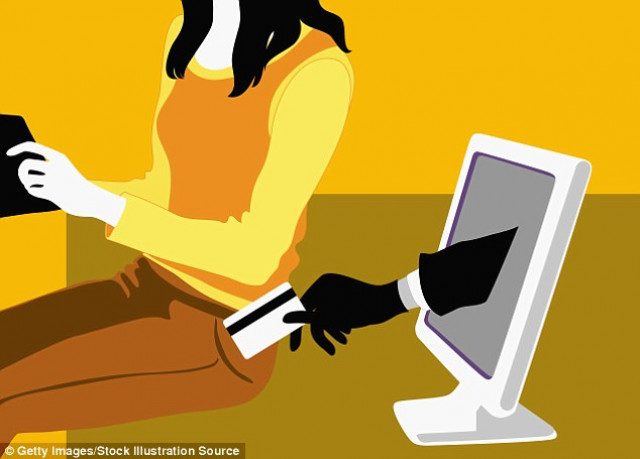9 ways to protect your bank account from theives
Current accounts have become the number one financial target for fraudsters

Current accounts have become the number one financial target for fraudsters.
Crooks continue to test out the seven day switching system for weaknesses. Current accounts offer quick and rich pickings with overdraft facilities and they open doors to a wider range of financial products using stolen personal information.
Read: Crime: Thieves steal mosque taps
Nick Mothershaw, UK&I Director of Identity & Fraud at Experian, said: “Recent figures from the Payments Council show that there has been a 7 per cent year on year rise in current account switching.
“While fraudsters may be taking the opportunity to test the security of lenders systems, increased detection rates are showing that their systems are clearly holding up.”
It’s vital that everyone protects their personal details from fraudsters. There are nine possible ways to stop yourself from becoming a victim of identity fraud:
1. Always destroy documents with personal information before binning them.
2. Don’t store account names and passwords on smartphones, or in emails.
3. Keep passwords and PINs safe and don’t reveal them to anyone. Your bank will never ask for your PIN number or your full password.
4. Don’t give out too much personal information on social media.
5. Check bank and card statements regularly for suspicious transactions.
6. Check your credit report so you can spot any rogue applications or entries.
7. Monitor your post so you know when to expect important documents. If they don’t arrive, contact the sender and the post office for details.
Read: Theft: Five power transformers stolen
8. Make sure you are registered to vote at your current address as thieves could use a previous address to open up credit accounts and run up debts in your name.
9. If you think you have become a victim of fraud, contact your bank immediately and the credit reference agencies.



















COMMENTS
Comments are moderated and generally will be posted if they are on-topic and not abusive.
For more information, please see our Comments FAQ